The New York Times is under fire for publishing a piece speculating on Taylor Swift’s sexuality.
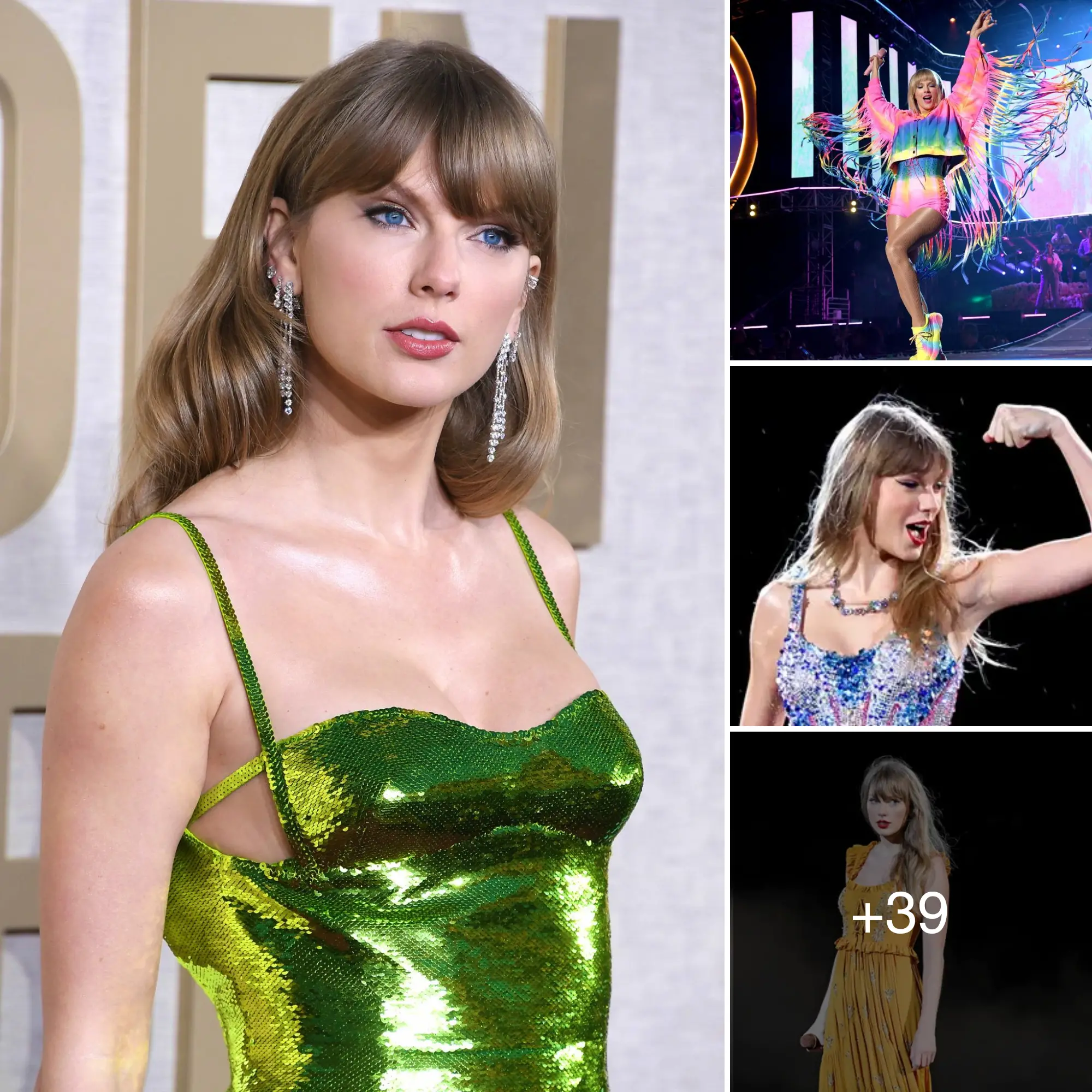
In a 5,000-word opinion piece titled Look What We Made Taylor Swift Do, editor Anna Marks listed references to the LGBTQ+ community overt or perceived in Swift’s music and theorized that the singer was sending coded messages that she was secretly a member of the community.
The piece has drawn backlash from Times readers as well as “associates” of Swift, according to CNN.
Taylor Swift performs onstage at Allianz Parque in Sao Paulo in November 2023
Taylor Swift breaks Elvis Presley’s record for most weeks at No 1 on US album chart
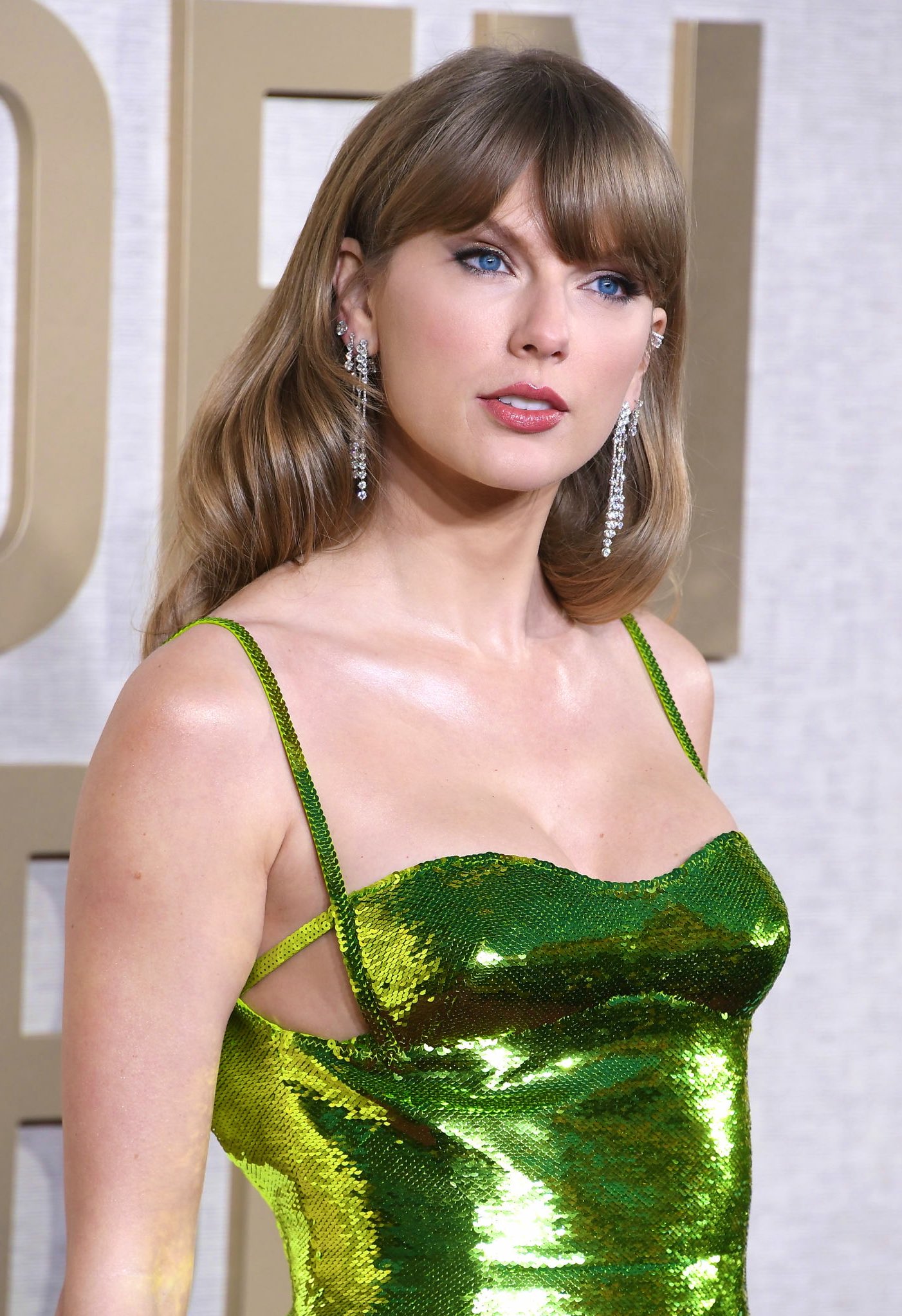
One such member of Swift’s team, speaking to the outlet on the condition of anonymity, attributed the decision to publish the op-ed to sexism and ethical lapses. “Because of her massive success, in this moment there is a Taylor-shaped hole in people’s ethics,” the person said. “This article wouldn’t have been allowed to be written about Shawn Mendes or any male artist whose sexuality has been questioned by fans.
“There seems to be no boundary some journalists won’t cross when writing about Taylor, regardless of how invasive, untrue, and inappropriate it is – all under the protective veil of a ‘opinion piece’,” the person added.
“This was the least defensible op-ed I can remember ever seeing the NYT run, made all the worst by the fact that it was written by a staffer, who specializes in these speculations,” Chris Willman, the chief music critic at Variety, wrote on Twitter. (In 2022, Marks wrote a guest op-ed essay for the Times speculating on Harry Styles’s sexuality, as well.)
Wilman’s tweet was reposted by Chely Wright, a lesbian country singer whose challenges to publicly come out in her career were noted in Marks’s story. “I think it was awful of [the New York Times] to publish,” she wrote. “Triggering for me to read – not because the writer mentioned my nearly ending my life – but seeing a public person’s sexuality being discussed is upsetting.”
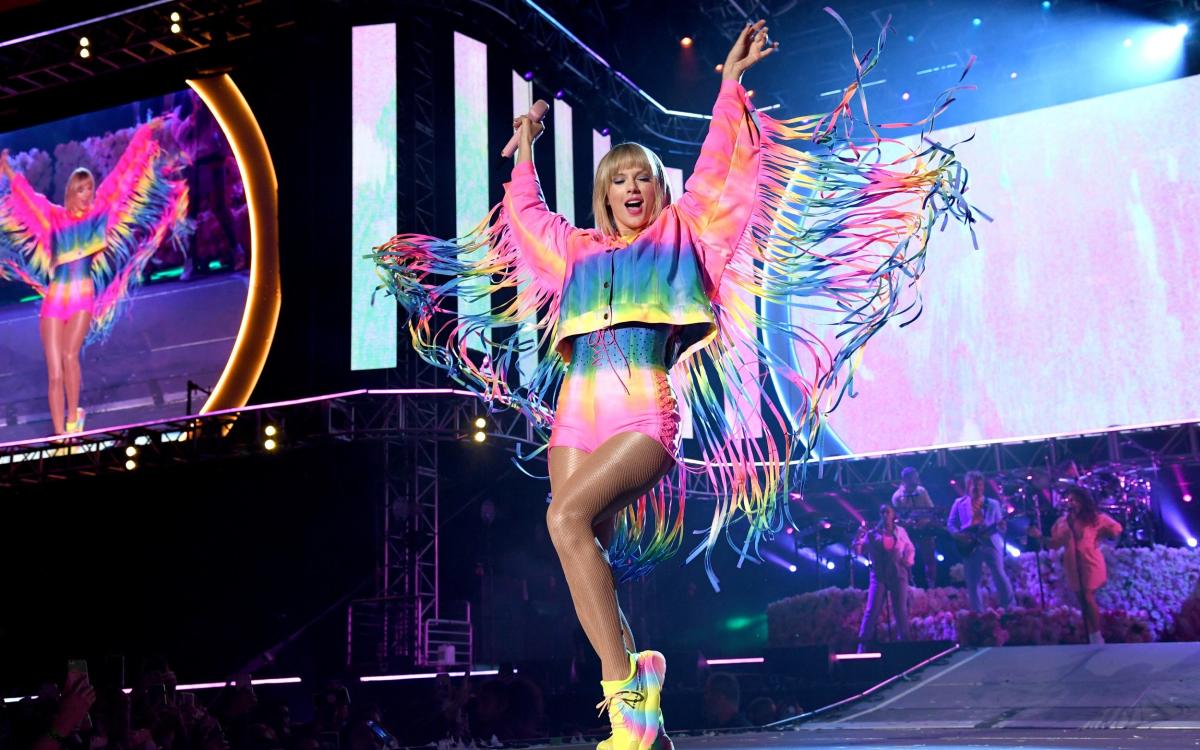
Marks argued that since early in her career, Swift has been trying to secretly signal that she identifies as queer. “In isolation, a single dropped hairpin is perhaps meaningless or accidental, but considered together, they’re the unfurling of a ballerina bun after a long performance,” Marks wrote. “Those dropped hairpins began to appear in Ms Swift’s artistry long before queer identity was undeniably marketable to mainstream America. They suggest to queer people that she is one of us.”
Swift has embraced the LGBTQ+ community in the past, calling her concerts a “safe space” for LGBTQ+ people and publicly defending them in a 2019 interview with Vogue magazine against a record number of anti-gay bills introduced in states across the country. “Rights are being stripped from basically everyone who isn’t a straight white cisgender male,” she said. “I didn’t realize until recently that I could advocate for a community that I’m not a part of.”
But she has not identified as a member of the queer community herself. In the prologue to the re-record of her 1989 album, released in October, Swift said she surrounded herself with female friends at one point in her career to counter ceaseless media speculation on her love life. “If I only hung out with my female friends, people couldn’t sensationalize or sexualize that – right? I would learn later on that people could and people would,” she wrote.
Marks, seemingly aware of the criticism her essay could face, pre-emptively tried to address potential backlash in her piece. “I know that discussing the potential of a star’s queerness before a formal declaration of identity feels, to some, too salacious and gossip-fueled to be worthy of discussion,” she wrote.
“I share many of these reservations. But the stories that dominate our collective imagination shape what our culture permits artists and their audiences to say and be,” she added. “Every time an artist signals queerness and that transmission falls on deaf ears, that signal dies. Recognizing the possibility of queerness – while being conscious of the difference between possibility and certainty – keeps that signal alive.”
The Times has declined to comment directly on the essay and pointed to what Marks wrote about criticism in the piece itself.
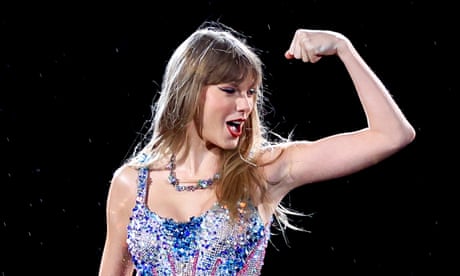
Well, 2023 didn’t exactly go to plan, did it?
Here in the UK, the prime minister, Rishi Sunak, had promised us a government of stability and competence – not forgetting professionalism, integrity and accountability – after the rollercoaster ride of Boris Johnson and Liz Truss. Remember Liz? These days she seems like a long forgotten comedy act. Instead, Sunak took us even further through the looking-glass into the Conservative psychodrama.
Elsewhere, the picture has been no better. In the US, Donald Trump is now many people’s favourite to become president again. In Ukraine, the war has dragged on with no end in sight. The danger of the rest of the world getting battle fatigue and losing interest all too apparent. Then there is the war in the Middle East and not forgetting the climate crisis …
But a new year brings new hope. There are elections in many countries, including the UK and the US. We have to believe in change. That something better is possible. The Guardian will continue to cover events from all over the world and our reporting now feels especially important. But running a news gathering organisation doesn’t come cheap.
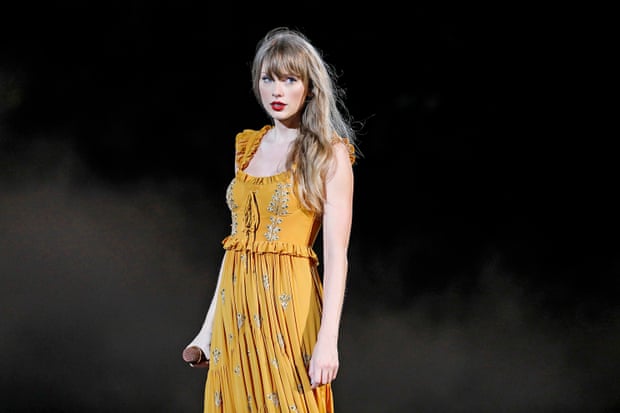
So this year, I am asking you – if you can afford it – to give money. To the Guardian, not me (though you can). By supporting the Guardian from just $2 per month, we will be able to continue our mission to pursue the truth in all corners of the world.
With your help, we can make our journalism free to everyone. You won’t ever find any of our news reports or comment pieces tucked away behind a paywall. We couldn’t do this without you. Unlike our politicians, when we say we are in this together we mean it.
Happy new year!